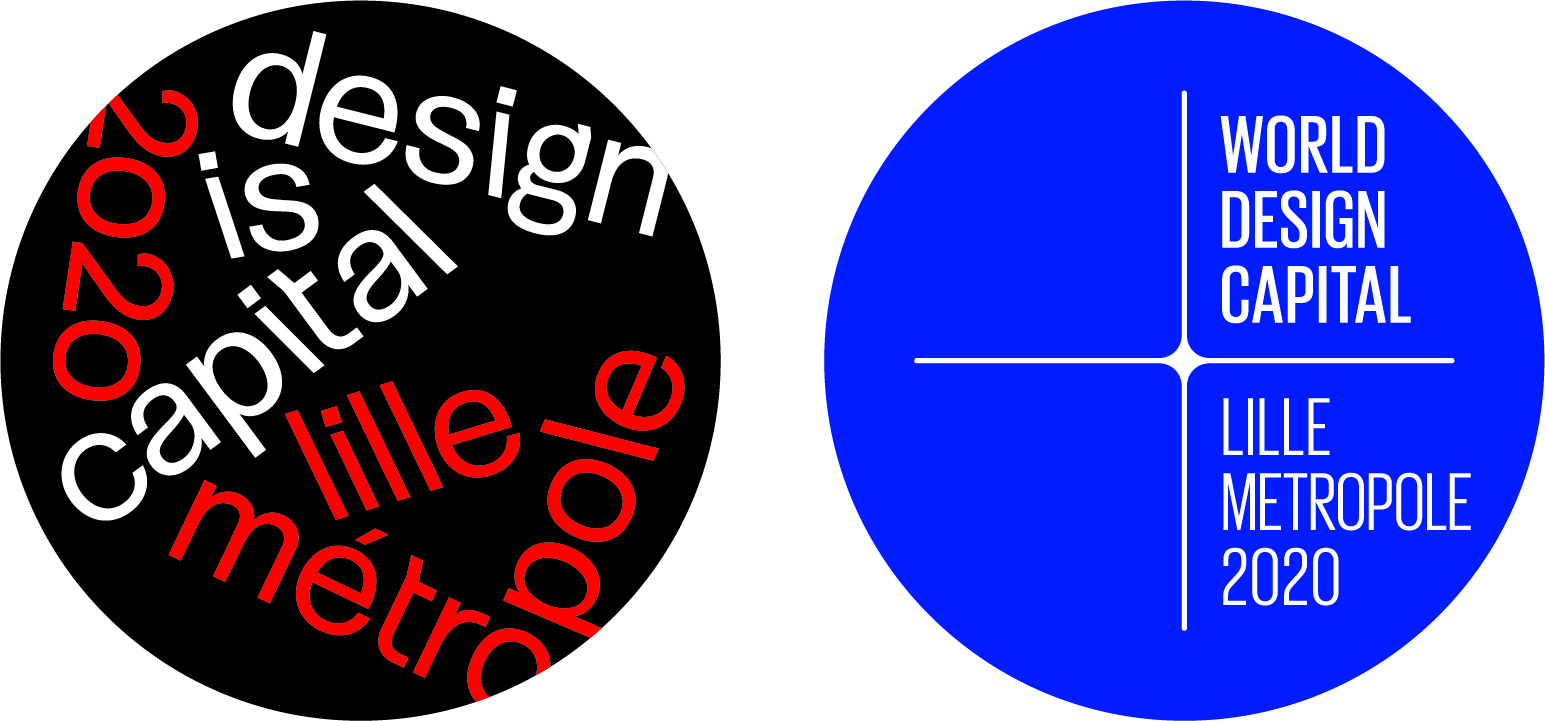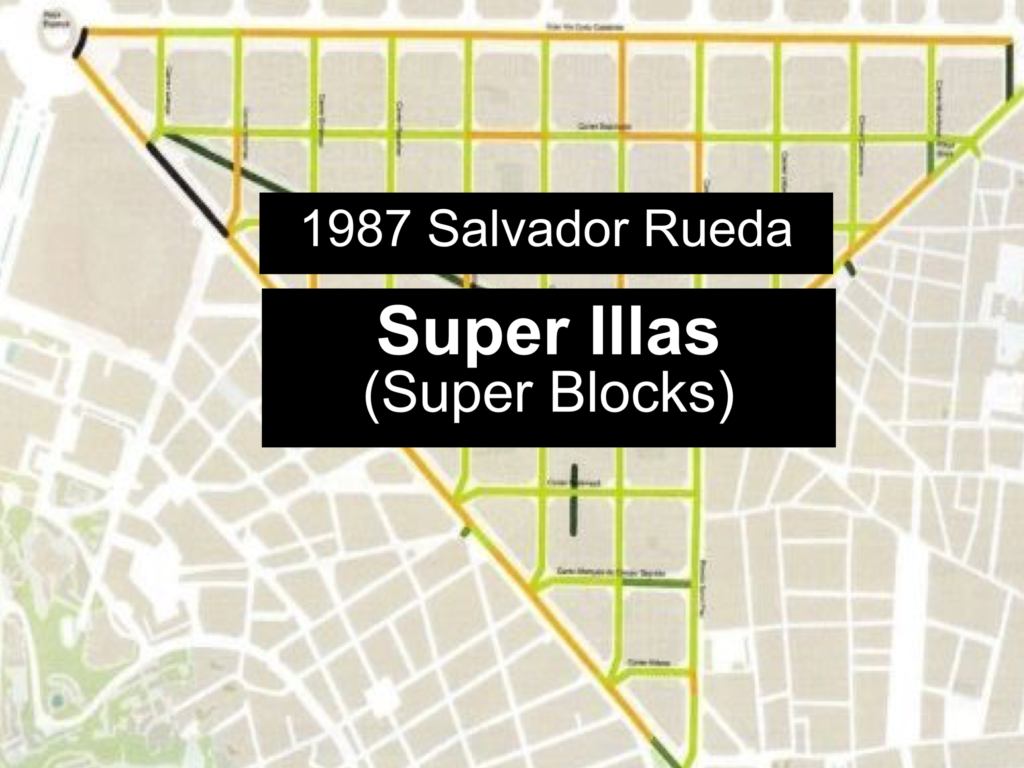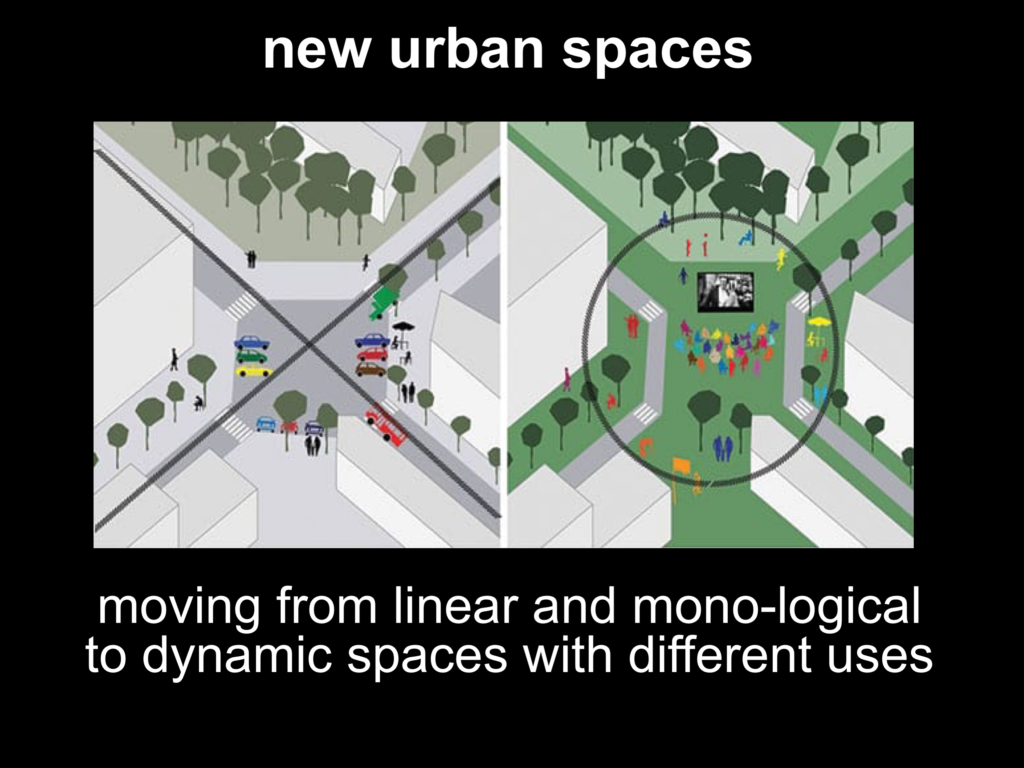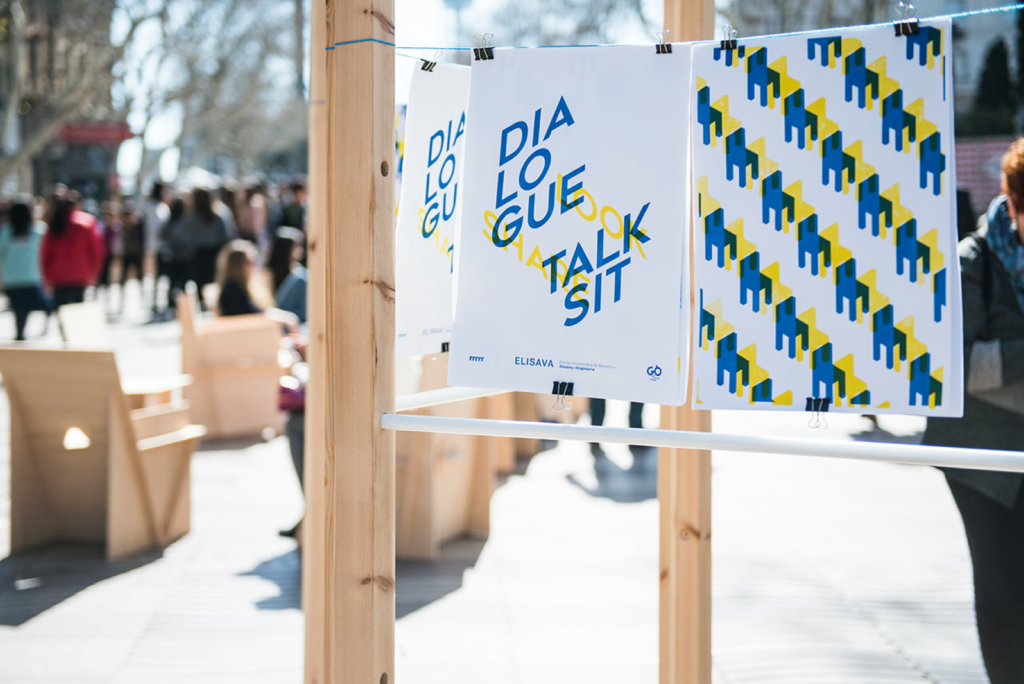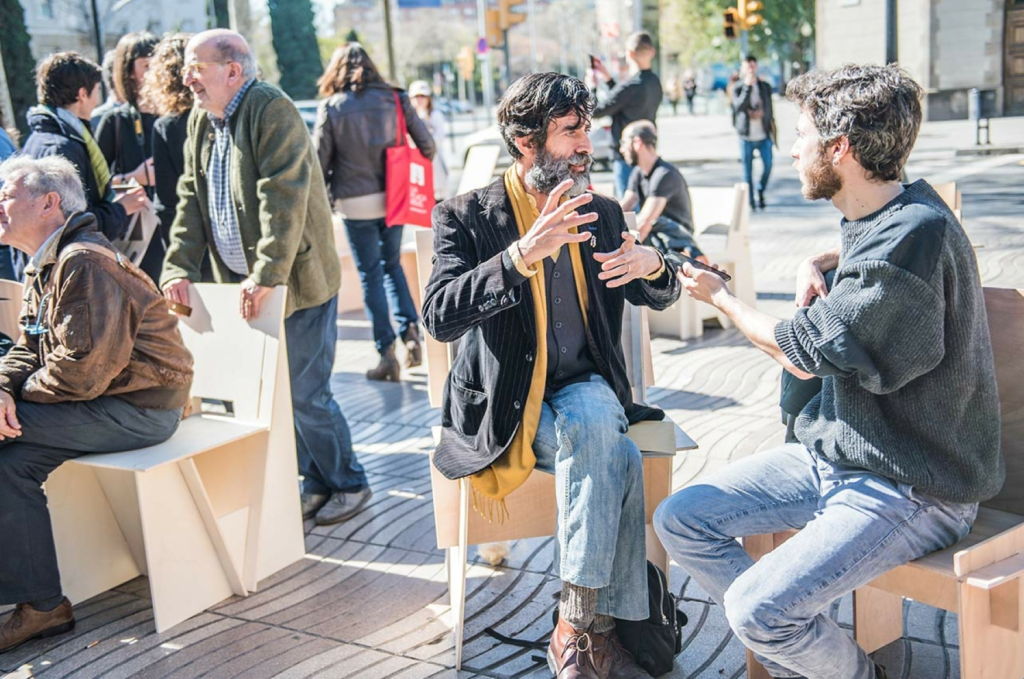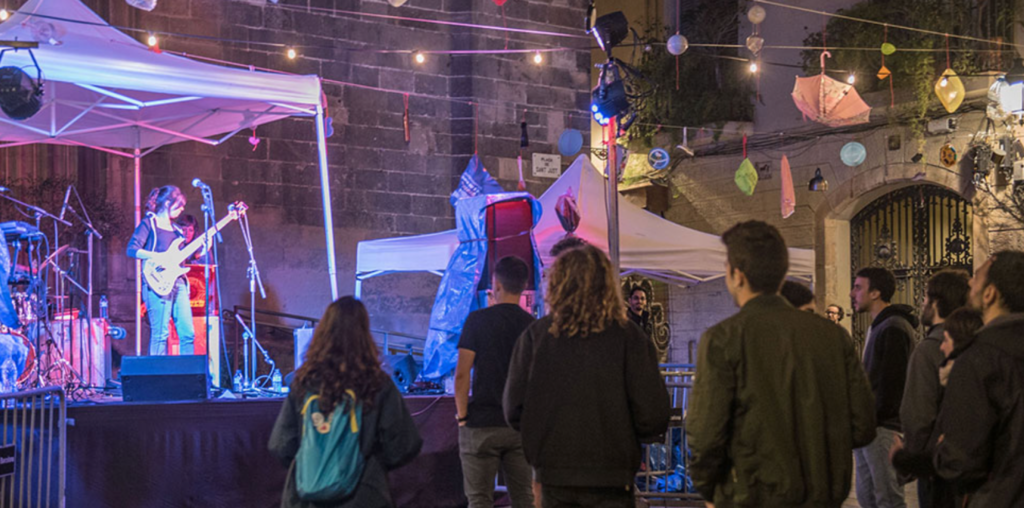POC Superilles+
Regenerative experiments in the post-pandemic city
Dense urbanscapes with the life quality typical of small towns and resilience towards future emergencies? In Barcelona, superblocksare doing just that. They are exploring the future of cities through the lens of this innovative urban planning strategy.
Superblocks (superillesin Catalan) are “minimal urban ecosystems” made of building cells for around 8.000 people, or 160.000 sqm. Within superblocks, motorised traffic is reduced in its adjacent roads. Cars are replaced by parks, playgrounds, and urban mobiliary, inviting citizens to participate in the public space through increased connection and interaction.
Superilles+aims to co-create with communities and authorities a vision for Barcelona’s superblocks. This vision is grounded on autonomous but convergent projects that tackle the challenge of supporting the superblocks’ model as a dense and diverse urban space wherein all citizens, including the most vulnerable, can thrive.
The “plus” indicates superblocks’ potential beyond mobility: to support people’s everyday life, create a lively democratic arena and catalyse the social and political energies needed to tackle emerging challenges.
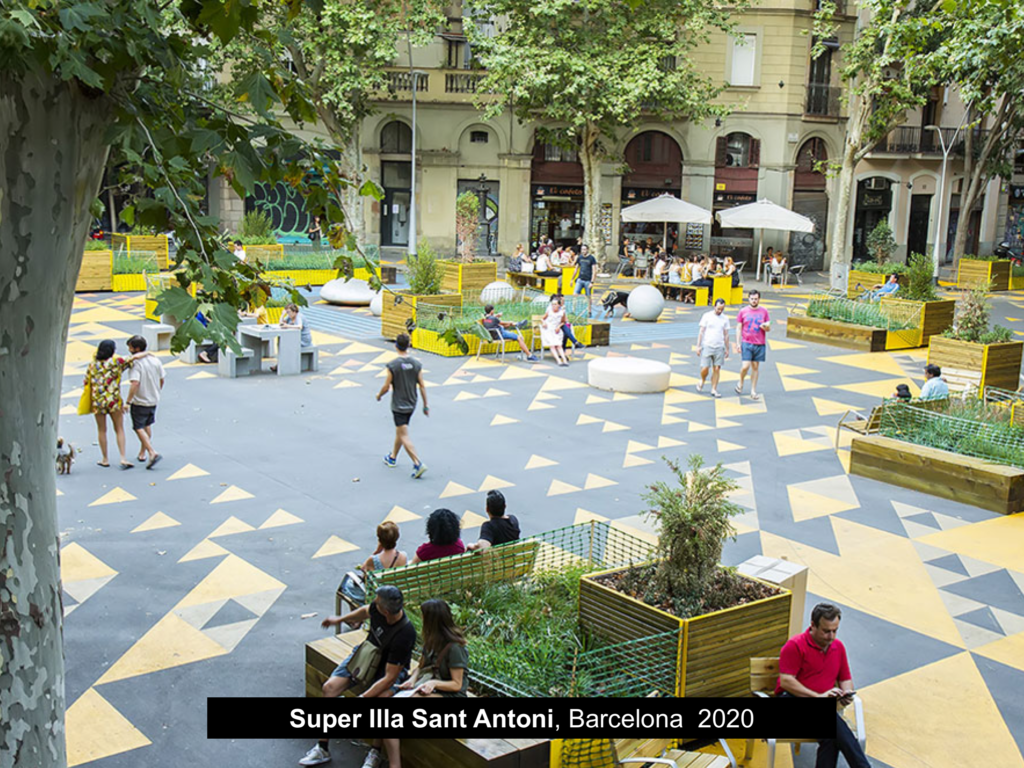
It started before SARS-CoV-2 changed the world.
And now the question is: is density still desirable?
It might seem contradictory in principle, but superblocks’ compact morphology in a dense and diverse territory is pertinent and more desirable than ever before for the future of resilient cities in the post-pandemic new normal.
The self-sufficiency model of superblocks, in which all basic services are reachable within a 10-minute walk, provides authorities the capacity to act in a more decentralised way in order to reach citizens’ care needs. It also allows citizens to take up services independently of public transit – increasing neighbourhood resiliency in the event of another lockdown – and further contributing to decarbonisation.
The proximity offered by this dense urbanscape strengthens the social fabric and allows communities to gather and organise. With people commuting less for work and study, opportunities to enrich the neighbourhood with decentralised productive spaces arise, supporting the community’s immediate social and economic needs.
Superilles+’ building scenario is organised in 4 parts: Urban Plugins (exploring spatial-relational modules that enhance the urban fabric); Caring Communities (developing a territorial approach to collaborative care); Socio-Technical Systems of Production (circular, local and distributed manufacturing); Cultural Nodes (connecting cultural diversity and providing opportunities for marginalised immigrant communities).
- Project holders : ELISAVA DESIS Lab
- Designers : ELISAVA professors and students
- Stakeholders : Barcelona City Council
- Photo credits: ELISAVA DESIS Lab, POC Superilles+
